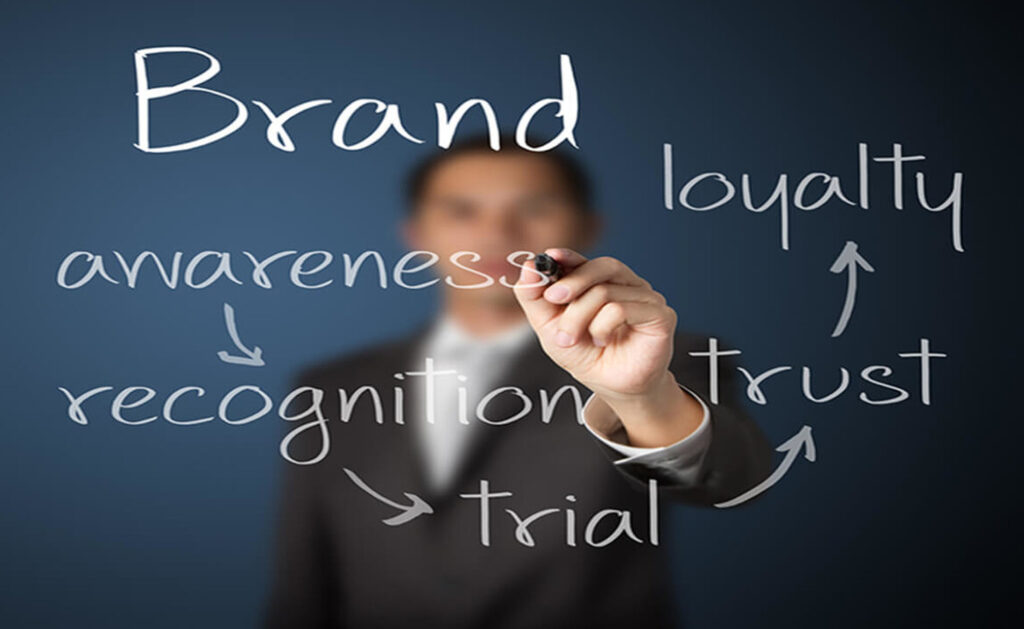
Master Your Brand Identity and Customer Loyalty." In today's fiercely competitive market, crafting a strong brand identity is not just a good idea— it’s essential. Without a clear and authentic brand presence, your business risks blending into the background, losing the attention and trust of your ideal customers. Fortunately, by following simple yet strategic steps, you can successfully define your brand identity, connect with your audience, and build a loyal customer base that will sustain your business for years to come.
To begin with, you must define the very foundation of your brand: your mission and values.
Ask yourself, what does your brand truly stand for beyond profits? Perhaps you aim to promote sustainability, foster creativity, or empower entrepreneurs. By clearly articulating your purpose, you not only guide internal decisions but also give customers a meaningful reason to support you.
According to the American Marketing Association, brands with aligned missions experience much higher customer loyalty in 2025.
Next, it’s absolutely critical to deeply understand your target audience.
Identifying the demographics is just the start — you must also explore customer behaviors, values, aspirations, and even frustrations. Moreover, crafting detailed buyer personas allows your brand messaging to be laser-focused and highly personalized.
As noted by Design Bridge, businesses that know their audience inside and out build stronger emotional connections and drive higher engagement rates.
Once you understand your "who" and "why," the next step is to shape your "how."
Your brand's tone and style — whether professional, bold, playful, or compassionate — must align naturally with your audience’s expectations. Moreover, your logo, color scheme, typography, and imagery should all work together cohesively.
According to Adobe, brands with consistent visual and verbal identity enjoy much stronger recognition and customer trust.
However, having a beautiful logo and catchy slogan is not enough anymore.
Customers crave authenticity. Therefore, leveraging storytelling remains one of the most powerful ways to connect emotionally. Share your journey, highlight customer success stories, and be transparent about your challenges.
For instance, Forbes reports that brands that excel in storytelling outperform competitors in customer loyalty metrics.
Today’s consumers expect more than generic marketing messages.
Therefore, delivering personalized experiences — from custom product recommendations to tailored content — shows that you genuinely care. Additionally, personalization significantly boosts conversion rates.
As Looka highlights, companies that personalize their customer interactions stand out sharply in crowded markets.
Moreover, customer feedback should not just be collected — it should be acted upon.
By seeking and implementing customer input, you show that your brand values the voices of its audience. Consequently, this responsiveness fosters deeper loyalty.
The Antavo Loyalty Report 2025 confirms that brands adapting based on customer feedback see significantly higher retention rates.
Additionally, having a strong digital footprint is more critical than ever.
Your website should not only be professional and mobile-responsive but also reflect your brand identity consistently. Furthermore, your social media profiles must match your voice and visuals seamlessly.
Adobe emphasizes that an aligned online presence is now one of the strongest drivers of brand trust in 2025.
However, no amount of good branding can make up for poor customer service.
Therefore, investing in a well-trained, empathetic customer support team is non-negotiable. Customers who experience excellent service are far more likely to become repeat buyers and brand advocates.
According to the American Marketing Association, superior service directly correlates with higher lifetime customer value.
Beyond service, brands that create communities around their identity enjoy unparalleled loyalty.
Consider launching exclusive online groups, loyalty programs, or even branded events where customers can engage directly. This belongingness transforms passive buyers into active participants and brand ambassadors.
As reported by VML Future 100, community-centric brands dominate loyalty rankings in 2025.
Finally, building a brand is never a “set it and forget it” strategy.
Instead, regularly review your brand performance through audits, customer surveys, and trend analysis. Moreover, staying flexible allows your brand to evolve with changing market conditions and customer needs.
Design Bridge stresses that agility is one of the top competitive advantages in modern branding.
In conclusion, defining your brand’s identity and building lasting customer loyalty requires a careful blend of clarity, consistency, connection, and agility.
By understanding your mission, knowing your audience, telling authentic stories, offering personalized experiences, and staying adaptable, you create a brand that doesn’t just exist — it thrives.